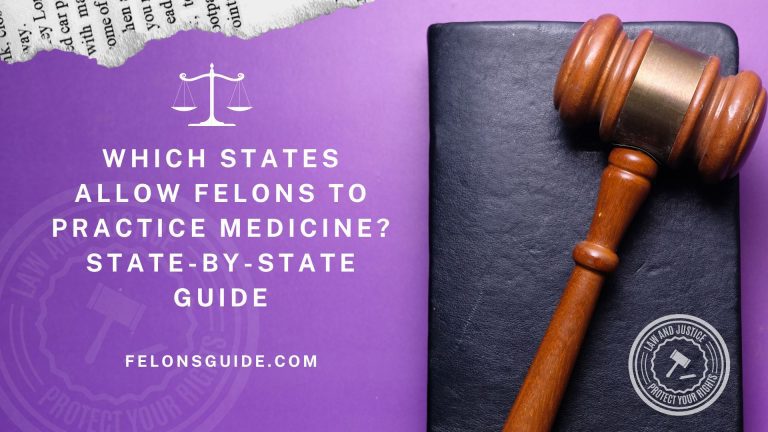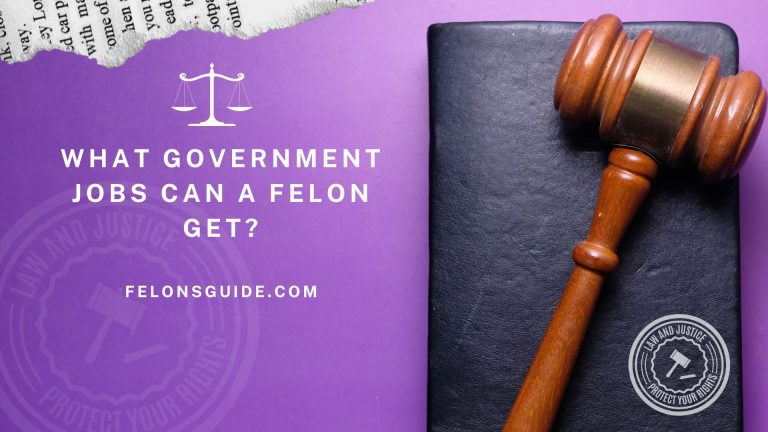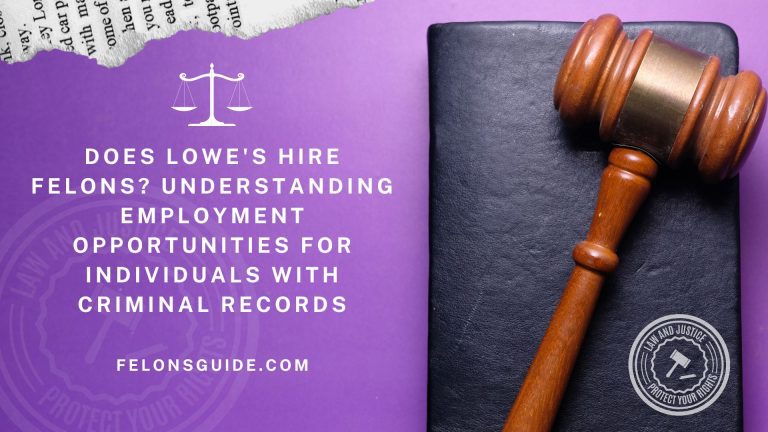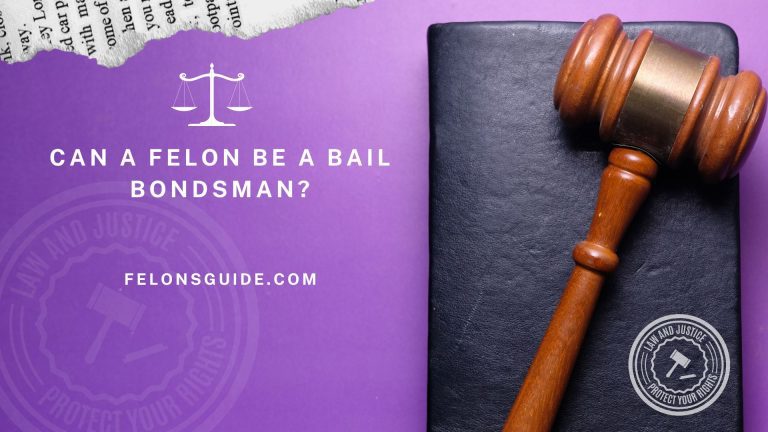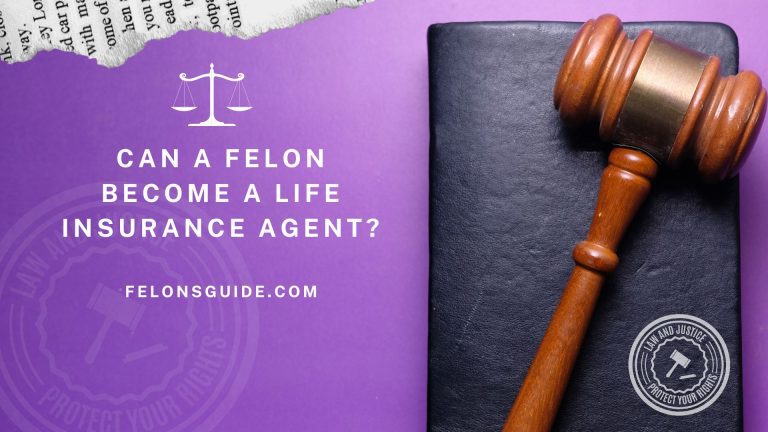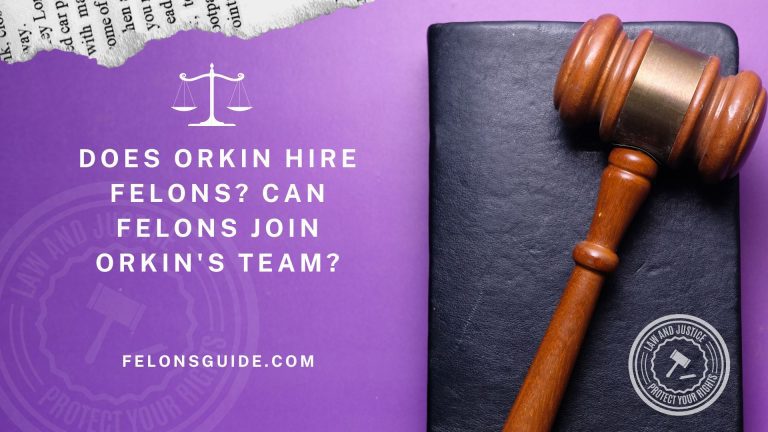What Professional License Can a Convicted Felon Get?
Navigating the professional world as a convicted felon can be challenging, but it’s not devoid of opportunities. Despite the hurdles, many fields offer pathways to secure professional licenses, enabling individuals with criminal records to rebuild their lives and careers. This article explores the various professional licenses available to convicted felons, the factors that influence their eligibility, and guides how to approach this journey.
Also Read:
- Can a Felon Get Business Insurance?
- 14 Best Degrees for Female Felons in 2024
- 13 High Paying Jobs For Female Felons in 2024
Understanding the Challenges
Before diving into the specifics, it’s crucial to acknowledge the barriers convicted felons face when seeking professional licensure. Many licensing bodies initially screen applicants based on their criminal history, which can automatically disqualify individuals with felony convictions. However, the trend is shifting towards more inclusive practices, with many states implementing laws that encourage the evaluation of an applicant’s qualifications beyond their criminal record.
Skilled Trades
- Electrician: Licensing requirements vary by state, but many do consider applicants with felony convictions on a case-by-case basis.
- Plumbing: Similar to electricians, plumbers can obtain licensing with a felony conviction, subject to state regulations and individual review.
- HVAC Technician: HVAC technicians can often obtain certification and licensing, though the process may involve scrutiny of one’s criminal background.
- Construction: General contractors and other construction-related licenses may be available, depending on the nature of the felony and state laws.
Personal Services
- Cosmetology/Barbering: Many states allow individuals with felony convictions to obtain licenses in cosmetology and barbering, though certain offenses may require additional steps for approval.
- Tattoo Artist: Tattoo licensing varies by state, with some jurisdictions allowing felons to become licensed tattoo artists after meeting specific criteria.
Automotive and Transportation
- CDL (Commercial Driver’s License): Individuals with felony convictions can often obtain a CDL, although convictions related to motor vehicle operations may affect eligibility.
- Car Dealer: Licensing to sell cars can be obtained, but regulations vary significantly by state, and certain types of convictions may pose barriers.
Business and Entrepreneurship
- Real Estate: Obtaining a real estate license as a felon is difficult but not impossible, with the decision often based on the type of felony, time elapsed, and evidence of rehabilitation.
- Notary Public: Some states allow felons to become notaries public if they meet specific criteria, including demonstrating rehabilitation.
Security and Investigation
- Security Guard: Licensing as a security guard is possible in some states for individuals with felony convictions, depending on the nature of the offense and other factors.
- Private Investigator: While more challenging, some states may allow felons to obtain a private investigator license, particularly if the felony is not directly related to the nature of the work.
